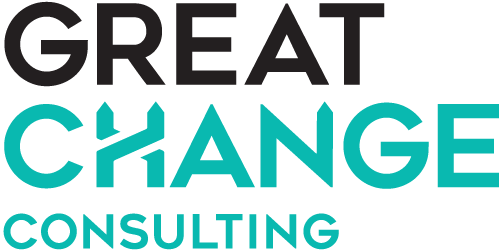We’ve not yet reached peak change: Artificial Inteligence
We’ve not yet reached ‘peak change’ and it’ll be fascinating to see the impacts of @artificial intelligence (AI) on Australian business.
A good mate of mind recently input a P&L and balance sheet of a company into some AI software and it produced a comprehensive analysis of the company’s performance. In about 2 seconds. This would previously have taken hours of work. @ChatGPT has seen the fastest adoption of any technology in history, putting on over 100 million users in its first few months.
AI driven full self-driving (FSD) is emerging as one of the next automotive battlegrounds as the traditional car companies, together with new car companies like Tesla, and also technology companies such as Apple and Google, compete to develop the best AI algorithms that will take a passenger safely from point A to point B. Once (if) cracked, this kind of FSD AI will have massive business and societal impacts.
According to @Andrew Yang in his book @The War on Normal People –The Truth About America’s Disappearing Jobs and Why Universal Basic Income is Our Future “there are over 3.5 million truck drivers in the US, and another 7.2 million workers who serve the needs of truck drivers at truck stops, diners, motels and other businesses.” This means that more than 10 million individual workers could be negatively affected by the introduction of FSD AI into just one industry.
AI algorithms and computers also harness the massive computing potential of the cloud and will revolutionise jobs across every organisation and industry. So far, AI applications have typically been used to perform lower level tasks, but as it becomes more sophisticated and powerful it will start to replace or augment more cerebral tasks. Jobs in medicine, accounting, legal, engineering and design are already being fundamentally altered forever.
This change is significant and it’s coming quickly. According to legendary investor and founder of @Blackrock @Ray Dalio in his book @The Changing World Order, “The ability of both computers and humans will improve at an increasing pace. These changes will occur in varying degrees in the next five to 20 years but will add up to the greatest shift in wealth and power that the world has ever seen.”
Some commentators might imagine the ease at which truck drivers and taxi drivers can retrain into new jobs (notwithstanding the challenges and personal disruption associated with this) but does that also hold true when senior lawyers within law firms are dislodged by algorithms that can determine the facts of a case, trawl the legislation and precedent law in seconds, and craft an argument overnight before the human lawyers even get their morning coffee. Or what about equity analysts reviewing financial statements to understand company performance. Not to mention the medical diagnostics staff already affected by @IBM’s @Watson.
Given the opportunities and threats associated with artificial intelligence, how are YOU planning to respond? If you lead a company, are you familiar with the threats and opportunities that might arise at this disruptive innovation? If you work in a company, what specific personal opportunities or threats will artificial intelligence pose for you?
Let’s talk transformation at adam@greatchangeconsulting.com.au


